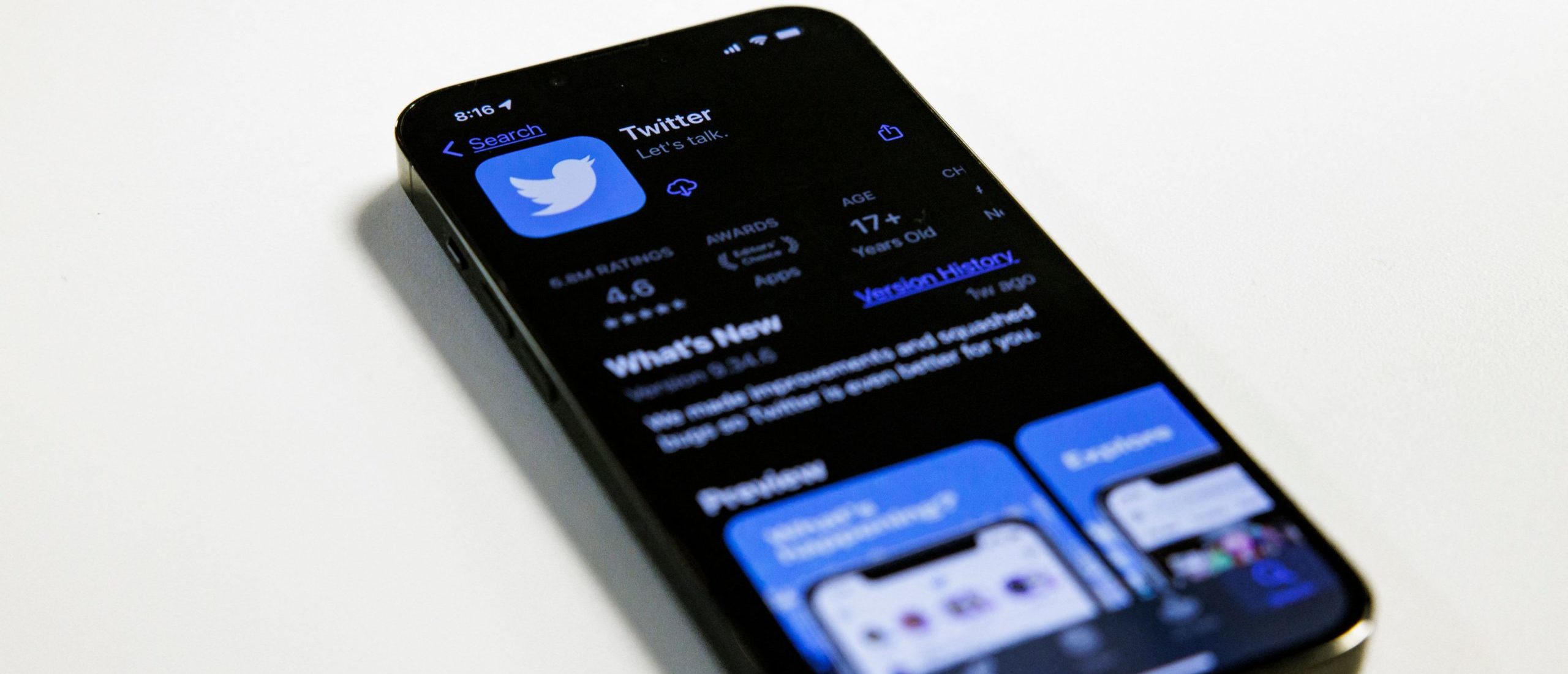The Supreme Court decided Monday to take up two cases considering whether government officials can block constituents on social media.
The first case, Garnier v. O’Connor-Ratcliff, involves two California school board members sued by parents they blocked on Facebook and Twitter for critical comments. The second, Lindke v. Freed, similarly deals with a Port Huron, Michigan, city manager’s decision to block a constituent who posted critical comments about his response to the Covid-19 pandemic.
Previously, the Ninth Circuit ruled the school board members’ decision to block parents was a violation of the First Amendment because they were acting “under color of state law” by operating their social media pages as a public forum.
“[W]e have little doubt that social media will continue to play an essential role in hosting public debate and facilitating the free expression that lies at the heart of the First Amendment,” Judge Marsha Berzon wrote in the court’s opinion. “When state actors enter that virtual world and invoke their government status to create a forum for such expression, the First Amendment enters with them.”
Chris and Kimberly Garnier, the Poway Unified School District (PUSD) parents who brought the lawsuit, posted hundreds of comments on the school board members’ social media pages, often voicing concern about race relations in the school district, according to court documents. (RELATED: Wyoming Parents Suing School For Allegedly Transitioning Daughter Behind Their Backs)

In this photo illustration, the Twitter app is seen in the Apple App Store on an Apple iPhone 13 Pro in Washington, DC, on November 28, 2022. (Photo by SAMUEL CORUM/AFP via Getty Images)
The district’s dispute with the Garnier’s has been ongoing for years. In 2015, a judge granted PUSD a restraining order against Chris Garnier, the San Diego Union-Tribune reported.
The Sixth Circuit came to a different conclusion in Lindke v. Freed and found that city manager James Freed’s decision did not constitute state action. “Freed did not operate his page to fulfill any actual or apparent duty of his office,” Judge Amul Thapar wrote. “And he didn’t use his governmental authority to maintain it. Thus, he was acting in his personal capacity—and there was no state action.”
His page, the Sixth Circuit noted, was created before he assumed office and includes a mixture of posts, from photos of his daughter’s birthday, to images of community events.
It’s not the first time the issue of public officials blocking constituents has come before the Supreme Court. In 2017, former President Donald Trump was sued by individuals he blocked on Twitter who alleged his action was a First Amendment violation.
The Second Circuit agreed, but, in 2021, the Supreme Court vacated its decision and sent the case back with instructions to dismiss because the case was moot. Trump had been sued in his official capacity as president, and Joe Biden was about to take office.
“Today’s digital platforms provide avenues for historically unprecedented amounts of speech, including speech by government actors,” Justice Clarence Thomas wrote at the time. “We will soon have no choice but to address how our legal doctrines apply to highly concentrated, privately owned information infrastructure such as digital platforms.”
All content created by the Daily Caller News Foundation, an independent and nonpartisan newswire service, is available without charge to any legitimate news publisher that can provide a large audience. All republished articles must include our logo, our reporter’s byline and their DCNF affiliation. For any questions about our guidelines or partnering with us, please contact licensing@dailycallernewsfoundation.org.


